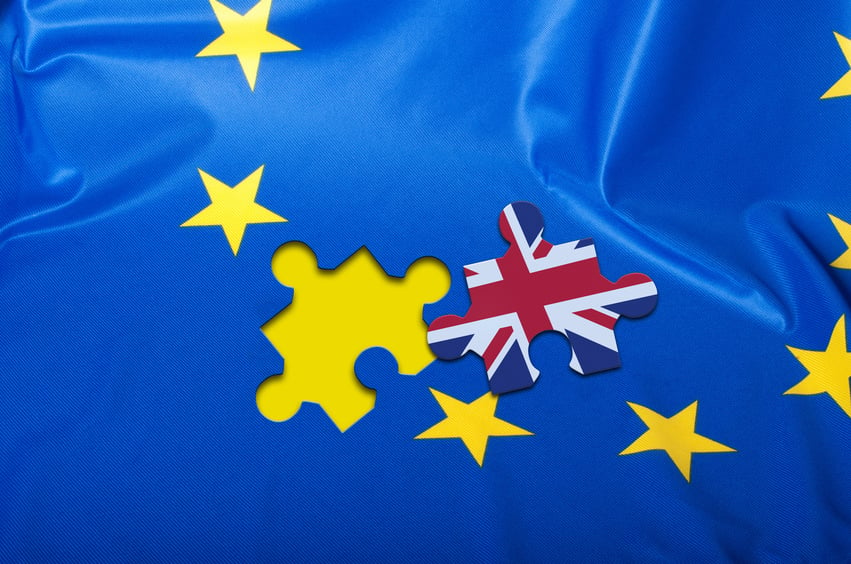Following the start of negotiations between the United Kingdom and the remaining 27 EU Member States (EU-27) in the middle of June, there are two new Brexit-related publications which will be of interest to those manufacturing or selling products on the UK and EU-27 markets.
By way of background, the vast majority of products sold on the EU market (eg food, medicines, consumer products, chemicals, machinery and electronics etc) are regulated by EU-wide harmonised laws which have the advantage of preventing non-tariff barriers that would arise if EU Member States were able to adopt different national technical regulations and product standards, while still providing a high level of protection for health, safety and the environment. Therefore, the question of what will happen to product-related laws post-Brexit is a key one for those manufacturing and distributing products in these countries.
- The EU Commission’s position paper on goods placed on the market before the withdrawal date
The Commission has published a series of papers setting out the stance that it will take in its negotiations with the UK. This particular paper addresses the position of products that have already been placed on the market on the date of the UK’s withdrawal from the EU. The Commission suggests that as a general principle, any product lawfully placed on the EU market before the UK’s withdrawal should, after the withdrawal date, be permitted to continue to be made available on the market of the UK or the remaining EU-27. Similarly, where legislation applies to products put into service in the EU, the act of withdrawal should not affect their status as having been lawfully put into service. This is important for products which will have made their way far enough through the chain to be deemed to have been placed on the market pre-UK withdrawal but which are still not in the hands of end users. The Commission recommends incorporating this principle into the Withdrawal Agreement to be entered into between the UK and EU-27.
The paper also flags the following issues to be covered in the Withdrawal Agreement:
- Ongoing marketing authorisation procedures – the Commission suggests that all ongoing risk assessments, approvals and authorisation procedures (eg for biocidal products, plant protection products and medicinal products) led by a UK authority should be transferred to another national competent authority in the remaining EU-27.
- Continued oversight – mechanisms should be established to enable mutual exchange of relevant information and to allow for cooperation after the withdrawal date in respect of non-compliant products placed on the EU market prior to the UK’s departure.
- The Bar Council Working Group’s Paper on Technical Regulations and Product Standards
The Bar Council’s Brexit Working Group has published a series of papers setting out, on a range of issues, the key legal challenges the UK government will face following its withdrawal from the EU. This particular paper provides an overview of issues that could arise in respect of product-related laws and standards and notes that divergences may result if:
- new product-related Directives are adopted, or existing Directives are amended at an EU level and these changes are not reflected in UK law; or
- the British Standards Institute (BSI) – historically a major contributor to the development of the EU harmonised standards produced by CEN-CENELEC – does not follow updates and changes to technical specifications made by CEN-CENELEC.
The paper suggests that if divergences do arise, manufacturers in the UK and abroad may need to produce different versions of products destined either for the UK or EU internal market. Where products are made in particularly small numbers, manufacturers might even decide that producing a UK version of the product is not cost effective.
The paper concludes with the Bar Council’s recommendation that the closer the UK can remain to the CEN-CENELEC system of standard setting and conformity assessment, the better the outcome will be for manufacturers and consumers, and the more influence the UK will likely retain over European and international product standards.



